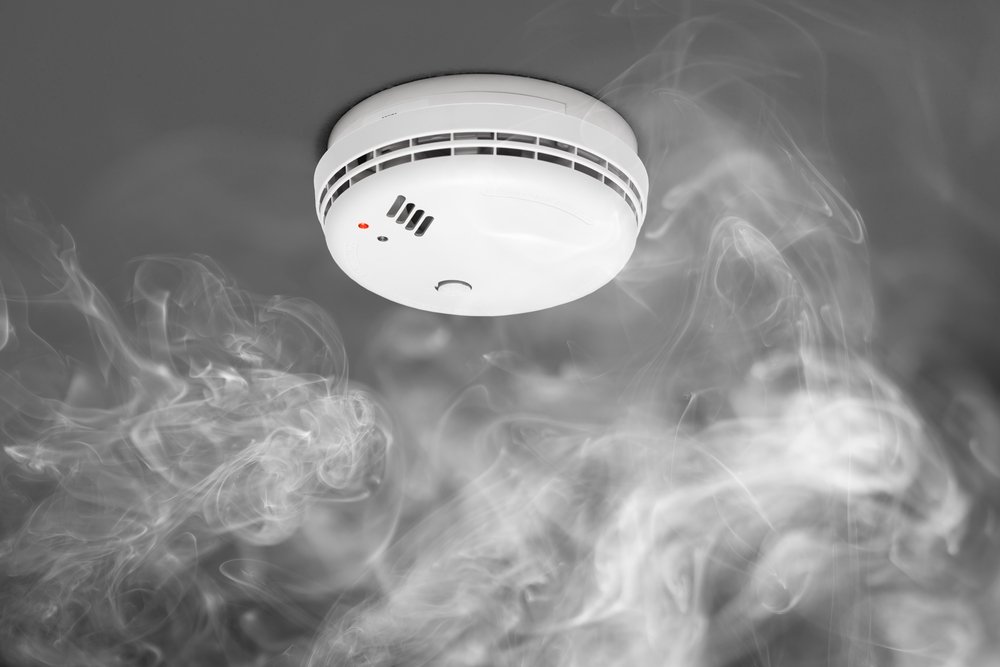Essential Legal and safety checks for holiday cottage owners
It may seem overly bureaucratic, but there are many regulations that affect the letting of holiday accommodation. All the cottages listed on Bridport Cottages are ultimately the responsibility of the cottage owner and some of the tasks can be undertaken themselves but others they wish or have to delegate to specialist local companies. Here at Bridport Cottages, we have first hand knowledge and experience of managing these services and we have built up a good working relationship with these local, experienced specialists.
Of course, we aren’t legal experts and it’s up to each holiday property owner to be responsible for his or her own checks, but we’ve prepared a summary of the most important ones here for reference. There’s a useful guide online at Visit Britain that you may find helpful too: the Pink Book, at https://www.visitbritain.org/business-advice/know-your-legal-obligations.
Insurance
There are specialist landlords’ insurance policies that will cover you for buildings and contents, and the all-important public liability cover. Top-end policies will also include extras like loss of earnings insurance. Take advice from your broker or insurance company based on your specific needs. Local insurance company, David Upshall Insurance Services based in Dorchester, have a good reputation and knowledge of insurance specifically aimed at holiday properties.
Electricity
The Landlord and Tenant Act (1985) requires electrical circuits and sockets in a building to be safe and properly maintained, and there are also obligations under Building Regulations for new or rewired installations. (The Government plans to introduce further legislation requiring 5-yearly checks, but this has not yet come into force.)
You must also ensure that any portable appliances (kettles, toasters, coffee machines, fan heaters etc.) are safe to use.
Whilst it is not necessary to have certificates to prove the above, you are wise to use someone who has the competence to reassure you. Heather, the creator of Bridport Cottages, who also runs her own two holiday cottages, highly recommends Leo Davies at https://leodavieselectrical.co.uk – “he does our PAT testing and all electrical jobs at our cottages. Leo understands that we can’t have unhappy guests, so understand the need for him to deal with any problems quickly.”
Furniture
All your upholstered furniture and cushions, beds (including headboards and mattresses) and bedding must comply with the Furniture and Furnishings (Fire) (Safety) Regulations 1988 (amended 1989, 1993, 2010). Anything you buy new from a reputable retailer will almost certainly comply, but be careful with buying second-hand goods at auction for example. If you have antique or vintage (pre-1950) pieces, they are exempt – but you still need to do a fire risk assessment as described below.
Find out more here: https://www.firesafe.org.uk/furniture-and-furnishings-fire-safety-regulations-19881989-and-1993/
Fire Safety
According to the Fire Safety Order 2005, a nominated person must be responsible for carrying out a fire risk assessment, implementing any necessary fire safety measures (such as extinguishers, fire blankets and smoke detectors), and having an emergency plan with associated evacuation notices.
Heather says “We recommend https://ignite-southwest.co.uk – Alan has long experience as a Fire Risk Assessor who knows what to look for and how to address any issues – much better than relying on guesswork and possibly getting it wrong!”
Oil, Gas and Solid Fuel Safety
If you have any gas, oil or solid fuel appliances or heating in your property, then you are responsible for ensuring they are safe and properly installed and maintained. That includes oil and gas tanks of course!
All these heat sources have their own specialised regulations and certification bodies. Gas Safe for gas, OFTEC for oil, and HETAS for solid fuel. Gas safety is the most tightly controlled and you must use a registered tradesman; for the others, a competent person is sufficient.
Two excellent local businesses https://www.ruralranges.co.uk for servicing AGAs (why not visit our sister site https://www.agacottages.co.uk to see come properties with AGAs?). And also http://www.boilermanltd.com for gas certification, but they are registered with OFTEC as well so can service oil boilers and servicing of AGAs also, as well as propane (LPG) boilers.
And don’t forget, unless your property is all-electric, you should fit and regularly check carbon monoxide detectors.
Accessibility
The Disability Discrimination Act 2005 requires you to have a written Accessibility Guide for your property, which must be available for consultation. This page will help you create one: https://www.visitbritain.org/business-advice/make-your-business-accessible/create-accessibility-guide.
Whilst only public sector websites are required to conform to accessibility guidelines, it’s good practice to make sure your web site does, as well as increasing the number of people who can use it successfully. If your website was created for you in the 90s or noughties, it’s probably well overdue for renovation!
Data Protection
Before you decide whether you need to notify the Information Commissioner that you are a “data controller”, this page may help: https://ico.org.uk/for-organisations/data-protection-fee/self-assessment/ – but remember that as well as the “core business purposes”, you are required to keep a register of guests, which may suggest you need to pay up.
In any case, you need to keep guests’ personal data safe and secure, and only use it for reasonable purposes. There are extra regulations (the dreaded GDPR) if you send marketing communications out to a mailing list.
There are extra regulations covering credit card data if you take cards, and the use of CCTV (see the Pink Book.)


